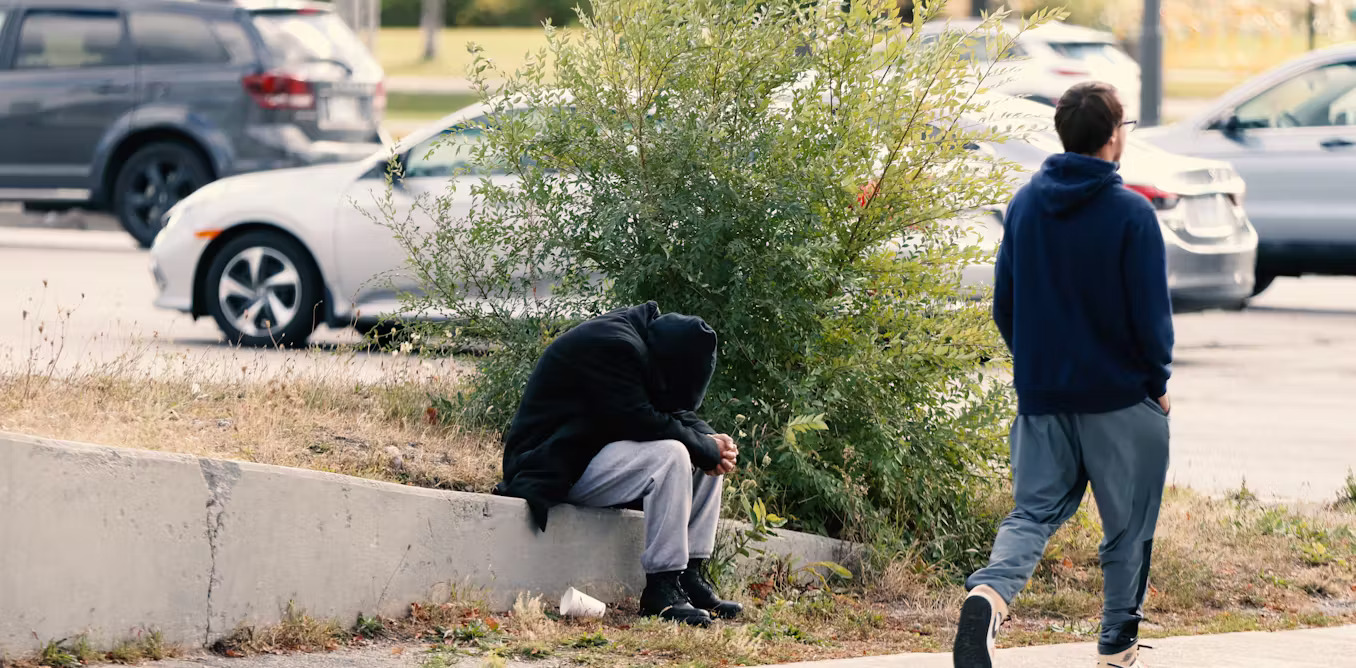In recent years, many Canadians have been experiencing a growing sense of powerlessness as they grapple with economic challenges and rising inequality. This pervasive sentiment is fueled by a combination of stagnant wages, soaring living costs, and widening wealth gaps, leading to an erosion of financial security and social mobility for many individuals and families across the country.
Economic Struggles and Stagnant Wages
One of the most significant factors contributing to this sense of powerlessness is the ongoing economic struggle faced by a large portion of the population. Despite Canada’s reputation as a prosperous nation, many Canadians have seen their wages stagnate, even as the cost of living continues to rise. This disparity makes it increasingly difficult for individuals to make ends meet, save for the future, or invest in their education and personal development.
The situation is particularly dire for those in low-wage and precarious employment. Many workers in retail, hospitality, and other service sectors have faced job insecurity, unpredictable schedules, and limited opportunities for advancement. The COVID-19 pandemic exacerbated these issues, leading to widespread job losses and financial instability, from which many are still struggling to recover.
Soaring Living Costs
Another critical issue is the skyrocketing cost of living, especially in major urban centers. Housing affordability has become a significant concern, with home prices and rental rates reaching unprecedented levels. For many Canadians, owning a home has become an unattainable dream, and even renting can consume a significant portion of their income, leaving little room for other essentials.
The rising costs are not limited to housing. Healthcare, childcare, and education expenses have also increased, putting additional strain on household budgets. This financial pressure can lead to difficult choices, such as forgoing necessary medical care, delaying or abandoning higher education, or compromising on the quality of childcare – all of which have long-term consequences for individuals and society as a whole.
Widening Wealth Gaps
The issue of rising inequality is further compounded by the widening wealth gap between the richest Canadians and the rest of the population. While the wealthiest individuals and families have seen their fortunes grow significantly, the middle and lower-income groups have struggled to keep pace. This growing disparity undermines the social fabric of the nation, creating a sense of injustice and disillusionment among those who feel left behind.
The concentration of wealth in the hands of a few not only limits economic opportunities for the majority but also has profound implications for political power and influence. As the wealthy can afford to lobby for policies that benefit their interests, the voices and needs of ordinary Canadians often go unheard, further deepening the sense of powerlessness.
Mental Health and Social Consequences
The economic struggles and rising inequality have far-reaching impacts on mental health and well-being. Financial stress is a significant contributor to anxiety, depression, and other mental health issues. The uncertainty about the future and the inability to achieve financial stability can lead to feelings of hopelessness and despair.
Additionally, the social consequences of economic disparity are profound. Communities become fragmented as individuals and families move in search of affordable housing or better job opportunities. Social cohesion weakens, and the sense of community erodes, leaving many feeling isolated and disconnected.
Calls for Action
In response to these challenges, there have been increasing calls for action from various sectors of society. Advocacy groups, community organizations, and concerned citizens are urging policymakers to address the root causes of economic struggles and rising inequality. Proposed solutions include increasing the minimum wage, implementing more robust social safety nets, investing in affordable housing, and ensuring equitable access to quality education and healthcare.
There is also a growing recognition of the need for policies that promote fair taxation and wealth redistribution. By ensuring that the wealthiest individuals and corporations contribute their fair share, the government can invest in programs and services that benefit all Canadians and promote greater economic and social equality.
Sponsored
FACTS Transcripts
Apply for a University document anywhere
https://www.factstranscript.com
Quick Transcripts for popular Universities, check your University name now and get started. We help you to get your transcript application online which is accepted for use of IRCC.
No DD, NO Paperwork. 100% Authentic, Reliable.
FACTS Transcripts Charges · Reviews · Assam Universities · Home · Know your University










